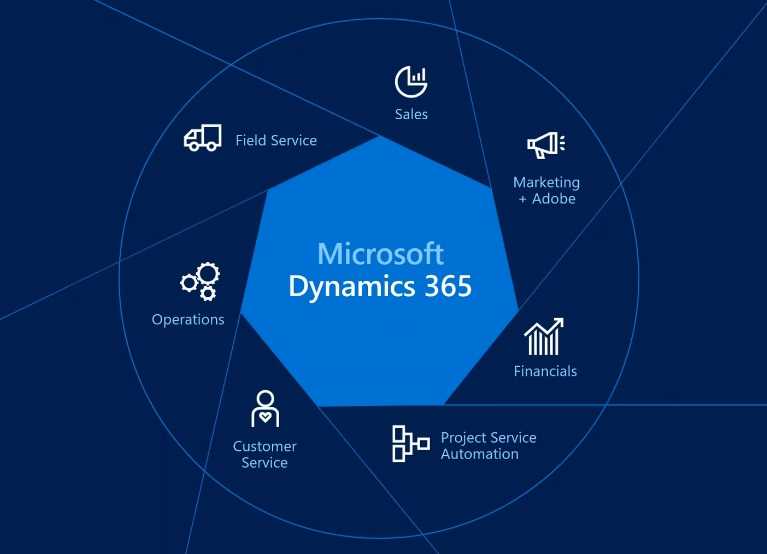Description
Introduction
Microsoft Dynamics 365 is a suite of integrated business applications that help organizations manage various functions such as sales, marketing, customer service, and CRM (Customer Relationship Management). By combining these modules, businesses can create a seamless, end-to-end solution that enhances productivity, improves customer engagement, and drives revenue. Integrating Dynamics365 Sales Marketing enables a unified view of customer interactions, streamlined business processes, and personalized customer experiences. This integration empowers teams to work efficiently, collaborate in real-time, and deliver superior customer service.
Prerequisites of Dynamics365 with Sales Marketing
- Basic knowledge of Microsoft Dynamics 365 applications and functionality.
- Understanding of CRM principles and practices.
- Familiarity with sales, marketing, and customer service processes.
- Access to a Dynamics 365 environment with the relevant modules (Sales, Marketing, Customer Service) configured.
- Knowledge of data security, user roles, and permissions in Dynamics 365.
- Experience with Dynamics 365 Customer Engagement and Common Data Service (Dataverse).
- Basic understanding of business automation using Power Automate and Power Apps.
TABLE OF CONTENT
1. Introduction to Dynamics 365
1.1. Overview of Dynamics 365
1.2. Importance of CRM in Business
2.Dynamics 365 Sales
2.1. Introduction to Sales Module
2.2. Managing Leads and Opportunities
2.3. Sales Process Automation
3.Dynamics 365 Marketing
3.1. Overview of Marketing Module
3.2. Creating and Managing Marketing Campaigns
3.3. Marketing Automation
4.Dynamics 365 Customer Service
4.1. Introduction to Customer Service Module
4.2. Case Management and Resolution
4.3. Service Level Agreements (SLAs)
5.Dynamics 365 CRM
5.1. Understanding CRM Concepts
5.2. Data Management in CRM
5.3. Customization and Configuration
6.Integration with Other Systems
6.1. Integrating D365 with Other Business Systems
6.2. Data Exchange and Synchronization
7.User Training and Adoption
7.1. Training End Users on D365(Ref: Advanced Project Management in Dynamics 365)
7.2. Strategies for Successful User Adoption
8.Reporting and Analytics in D365
8.1. Generating Reports and Dashboards
8.2. Monitoring Performance Metrics(Ref: Understanding DevOps for Continues Integration and Delivery)
9.Security and Compliance in D365
9.1. Ensuring Data Security in D365
9.2. Compliance with Legal and Regulatory Requirements
10.Customization and Extensibility
10.1. Customizing D365 to Meet Business Requirements
10.2. Extensions and Add-ons







Reviews
There are no reviews yet.